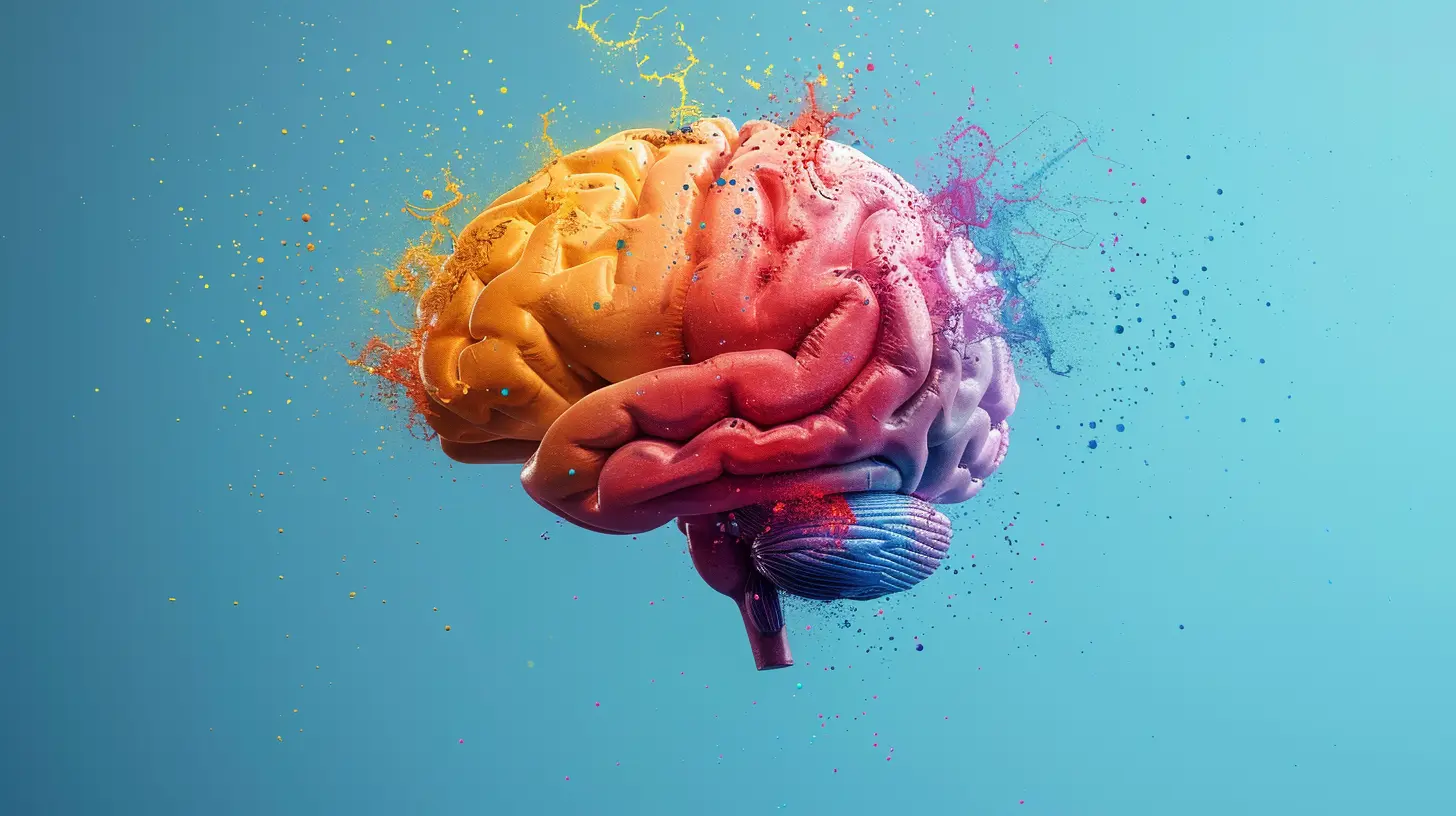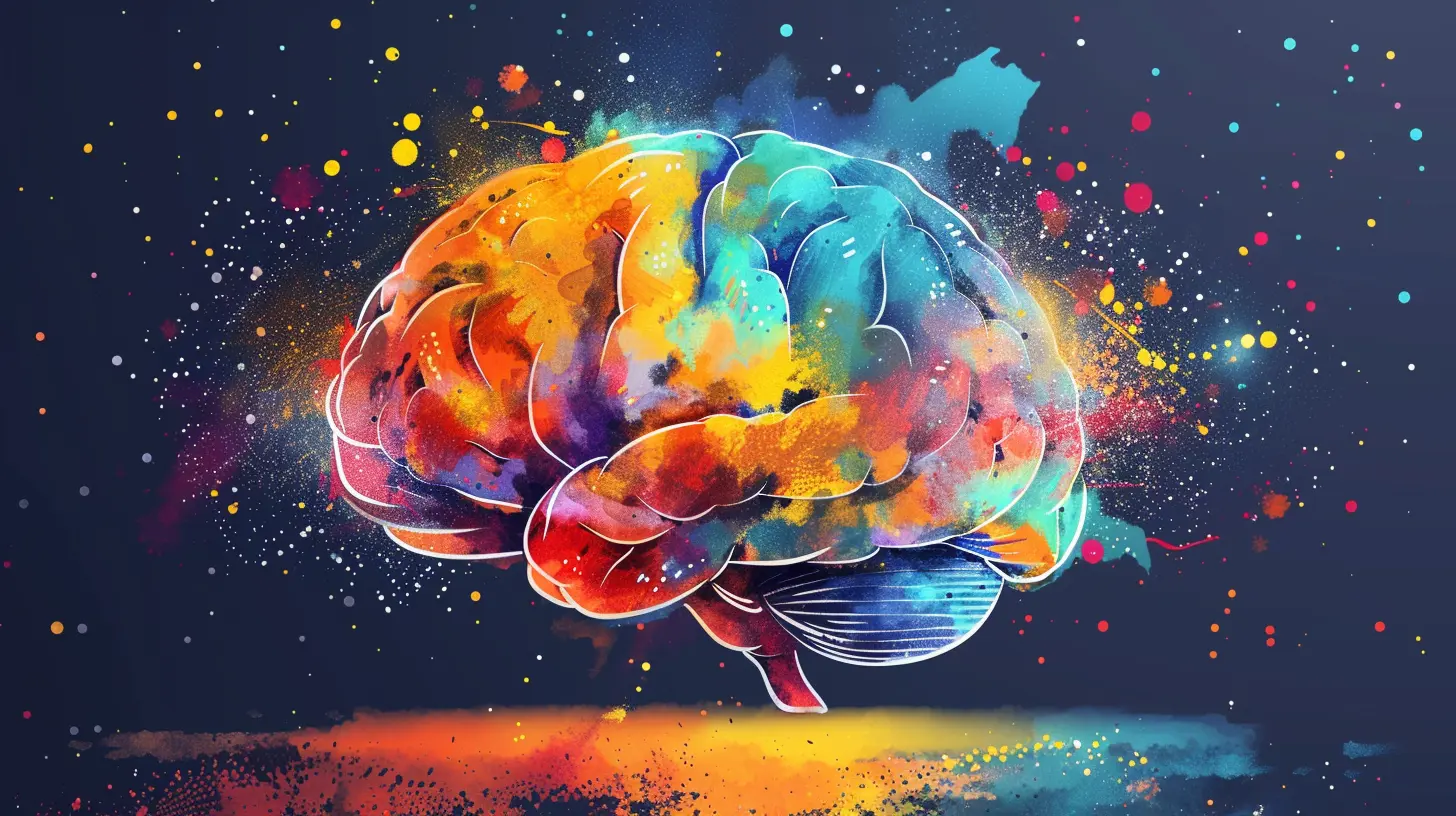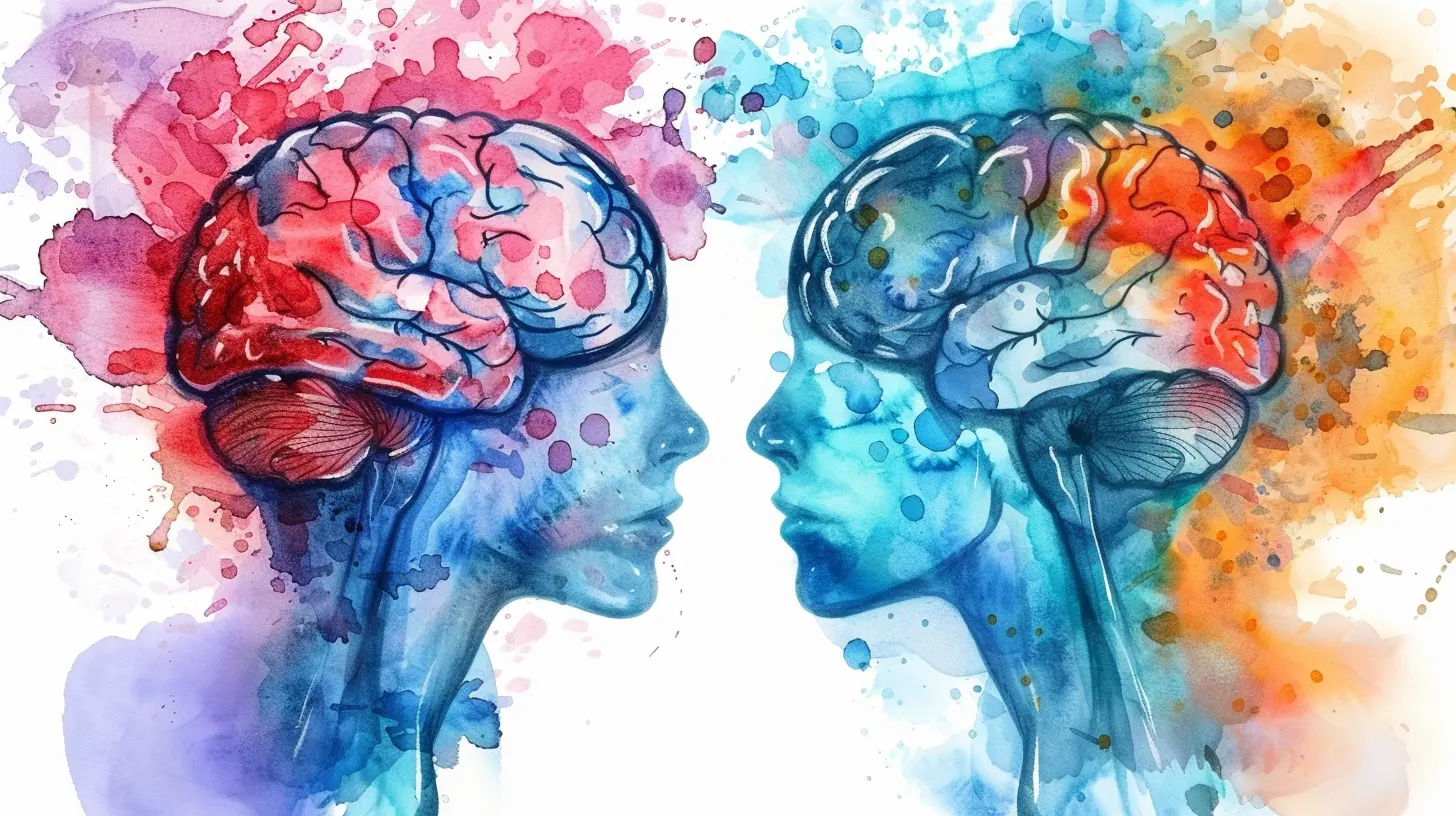How Bilingualism Affects Cognitive Function
17 September 2025
Ever wondered what happens inside your brain when you speak more than one language? Well, bilingualism is like a mental workout that strengthens cognitive muscles, keeping your brain sharp and agile. Some people assume that juggling two languages might confuse the brain, but research suggests otherwise. Speaking two or more languages can actually improve cognitive function, enhance problem-solving skills, and even delay the onset of dementia.
So, if you've ever debated whether it's worth learning a second language, stick around—this might just convince you!

What Is Bilingualism?
Before we dive into the effects, let’s clarify what bilingualism actually means. Being bilingual doesn’t necessarily mean you're equally fluent in two languages. Some people are more dominant in one language but can still communicate in another. Others switch between languages seamlessly depending on the context.There are two main types of bilinguals:
- Simultaneous bilinguals – Those who learn two languages from birth.
- Sequential bilinguals – Those who acquire a second language later in life.
Regardless of when and how someone becomes bilingual, the benefits to cognitive function remain impressive.

Cognitive Benefits of Bilingualism
1. Enhanced Executive Functioning
Think of executive function as your brain’s command center. It helps you manage tasks, focus attention, and control impulses. Bilingual individuals tend to have stronger executive functioning skills because they are constantly switching between two languages, filtering out irrelevant information, and selecting the right words.This mental juggling act strengthens areas of the brain associated with:
- Problem-solving
- Multitasking
- Memory retention
Essentially, being bilingual is like going to the gym—but for your brain!
2. Improved Memory
Ever walked into a room and forgotten why? We’ve all been there. But good news—bilingualism has been linked to better memory!Since bilinguals have to store, organize, and retrieve words from two languages, their brains get better at remembering information in general. Studies have found that bilingual individuals perform better on memory-related tasks than monolinguals.
So, if you’re struggling to remember names or grocery lists, maybe picking up a second language could help!
3. Better Attention Control
In a world full of distractions (hello, social media notifications), being able to focus and filter out irrelevant information is a superpower. Bilinguals tend to excel in this area because they’re used to mentally switching between languages and ignoring words that aren't needed at the moment.A study even found that bilingual children outperformed monolingual children in attention-based tasks. This advantage carries into adulthood, helping bilinguals stay more focused in work, study, and daily life.
4. Faster Problem-Solving Skills
Ever faced a tricky situation and had to think on your feet? Bilingual brains are wired for it. Since bilinguals frequently switch between languages, they often develop faster cognitive flexibility, allowing them to adapt to new information and situations quickly.This heightened ability to see different solutions makes them better at problem-solving and reasoning. So, if you’re bilingual, don’t be surprised if you’re good at puzzles, strategy games, or thinking outside the box!
5. Delayed Onset of Dementia and Alzheimer’s
Here’s something incredible—bilingualism might actually protect your brain from cognitive decline. Several studies have found that bilingual individuals develop dementia and Alzheimer’s symptoms years later compared to monolinguals.Why? Scientists believe it’s due to something called cognitive reserve—basically, the brain’s ability to stay resilient against aging. Since bilingual brains are constantly exercising, they build up stronger neural connections, which can delay memory-related diseases.
In other words, speaking two languages could help keep your brain younger for longer!

Does Age Matter When Learning a Second Language?
Some people think that if you don’t learn a second language as a child, you’ll never be truly fluent. While it’s true that children pick up languages more naturally, adults can still become proficient and gain the cognitive benefits of bilingualism.In fact, some research suggests that learning a second language later in life still helps improve memory, attention, and problem-solving skills. It's never too late to start!

The Challenges of Bilingualism (And How to Overcome Them)
Of course, bilingualism isn’t all sunshine and rainbows. There are some challenges that come with speaking two languages, but they’re manageable.1. Language Mixing ("Code-Switching")
Ever started a sentence in one language and finished it in another? Bilinguals sometimes mix languages without realizing it. While this might seem confusing, it’s actually a sign of high cognitive flexibility.Solution: Self-awareness can help. If you’re speaking with monolinguals, take an extra second to think before speaking to avoid code-switching.
2. Occasional Slower Word Retrieval
Bilinguals sometimes take a bit longer to find the right word. It’s like having too many tabs open on a browser—your brain is processing two vocabularies!Solution: Regular practice in both languages helps keep retrieval times quick. Reading, speaking, and writing in both languages can refine this skill.
3. Maintaining Both Languages Over Time
If you don’t use it, you lose it! Some bilinguals experience "language attrition," where they forget words from a language they don’t use often.Solution: Stay engaged! Read books, watch shows, or talk with native speakers to maintain proficiency.
Should You Learn a Second Language?
If you’re still wondering whether bilingualism is worth the effort, the answer is yes. Beyond the cognitive advantages, it builds cultural awareness, boosts career opportunities, and makes traveling more enjoyable.Not to mention, keeping your mind active through language learning could protect your brain in the long run. So why not give it a shot? Whether it's Spanish, French, Mandarin—or whatever language fascinates you—your brain will thank you for it.
Final Thoughts
Bilingualism isn’t just a cool party trick—it’s a mental superpower. From improving memory and problem-solving skills to delaying dementia, the cognitive benefits of speaking two languages are undeniable.So, if you’ve been thinking about learning a new language, there’s no better time than now. Grab that app, take a class, or start practicing with a friend. Your brain will get sharper, your focus will improve, and who knows—you might even impress people with your multilingual skills!
all images in this post were generated using AI tools
Category:
Cognitive ScienceAuthor:

Janet Conrad
Discussion
rate this article
1 comments
Vance Reilly
Bilingualism enriches cognitive flexibility, enhancing problem-solving and creativity, while fostering empathy; it reveals the profound connection between language, thought, and identity.
October 1, 2025 at 3:13 AM

Janet Conrad
Thank you for your insightful comment! Bilingualism indeed plays a crucial role in enhancing cognitive flexibility, problem-solving, and empathy, highlighting the intricate link between language and our identity.


